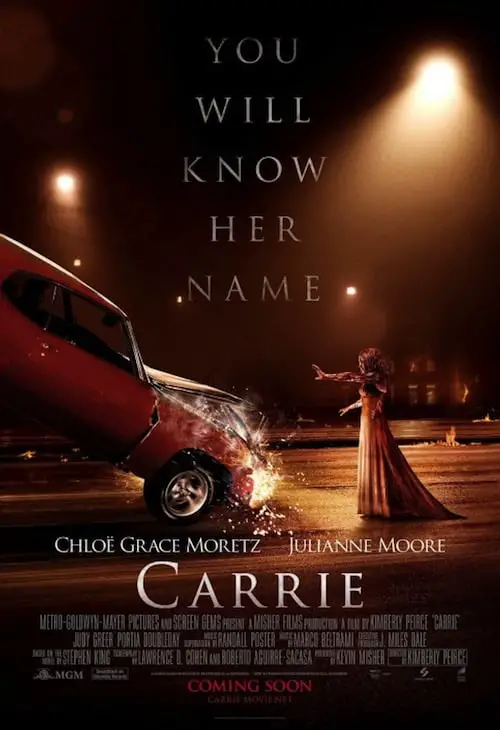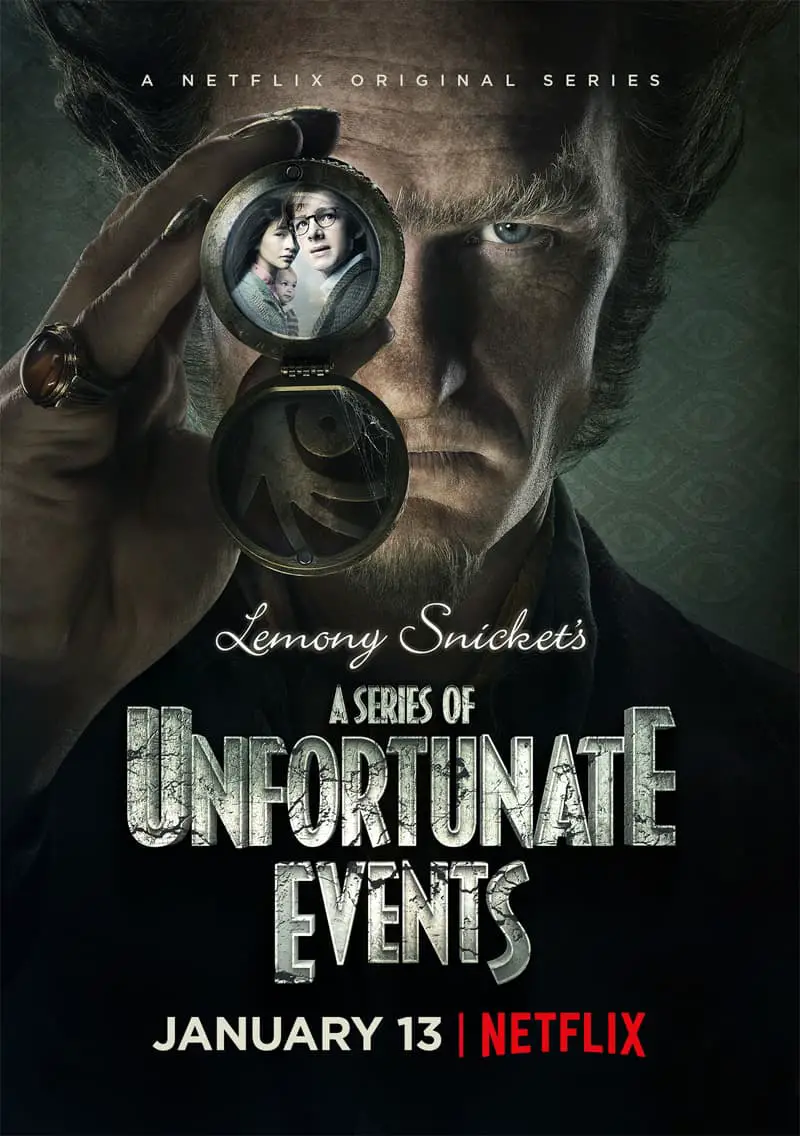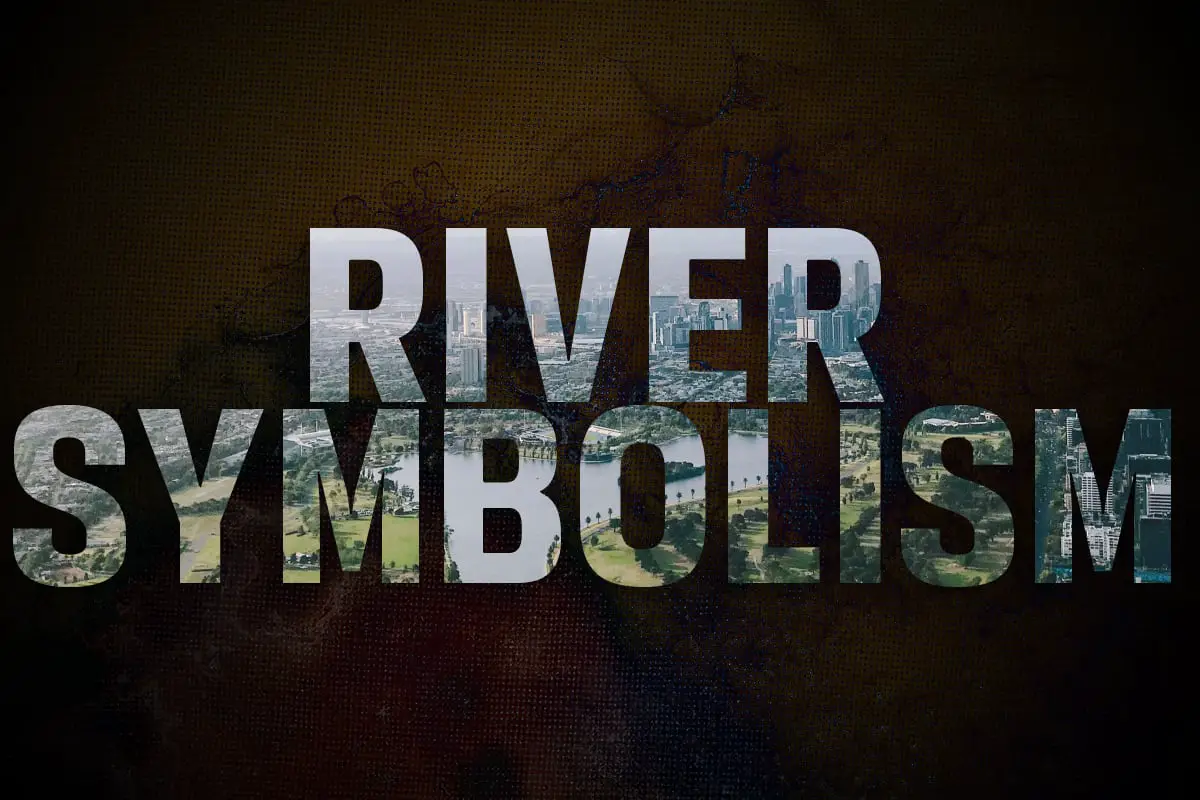-
The Enormous Crocodile by Roald Dahl and Quentin Blake
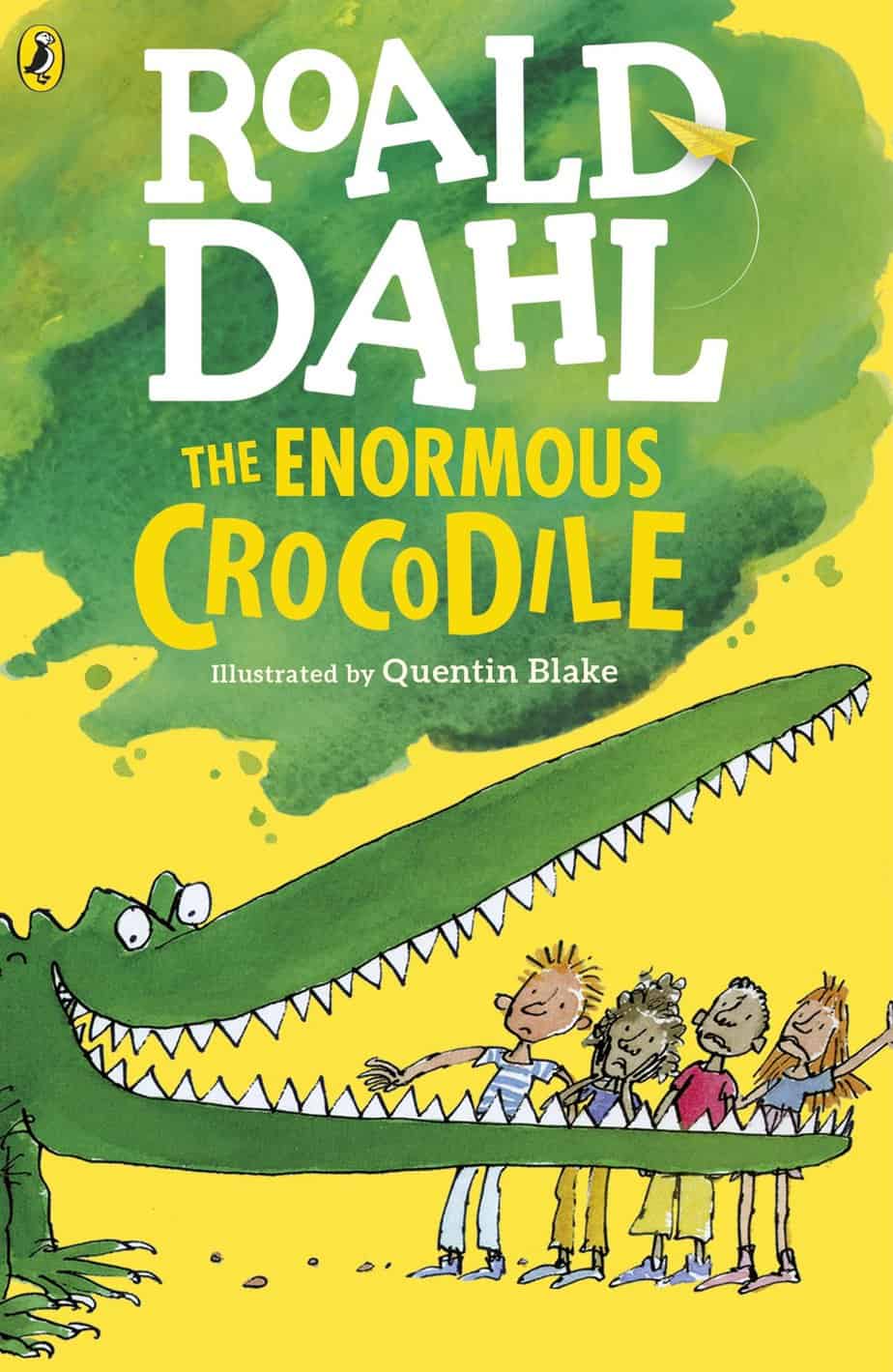
For fans of Into The Woods by John Yorke, The Enormous Crocodile is an example of a story which mirrors itself perfectly. PARATEXT The Enormous Crocodile is incredibly hungry-and incredibly greedy. His favourite meal is a plump, juicy little child, and he intends to gobble up as many of them as he can! But when […]
-
Teachers In Children’s Literature
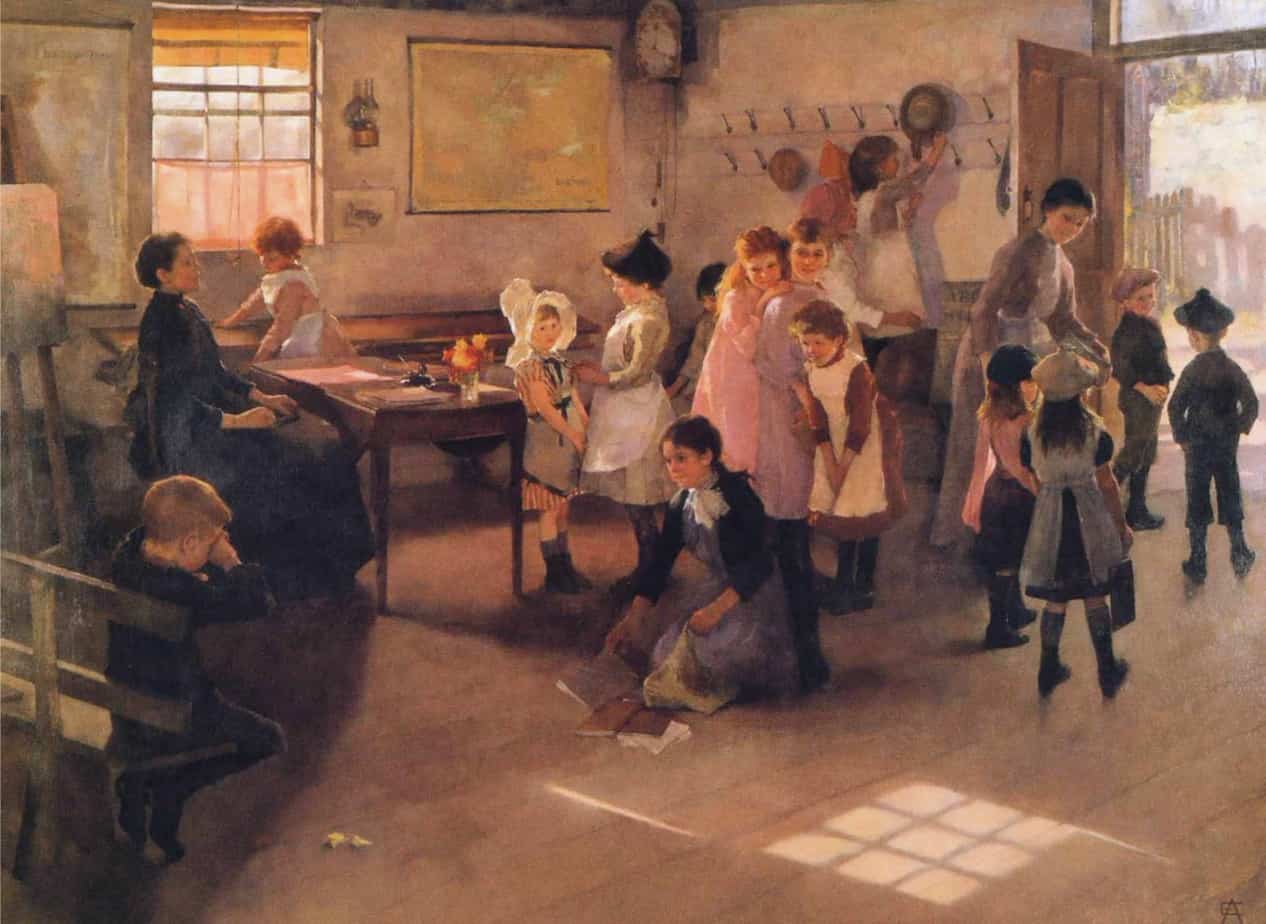
Teachers in children’s stories can be mentors, opponents, fake opponents, or very much background characters. In young adult literature, teachers can (problematically) be love opponents. Why is it that English, drama and music teachers are most often recalled as our mentors and inspirations? Maybe because artists are rarely members of the popular crowd. Roger Ebert […]
-
What Is Surrealism?
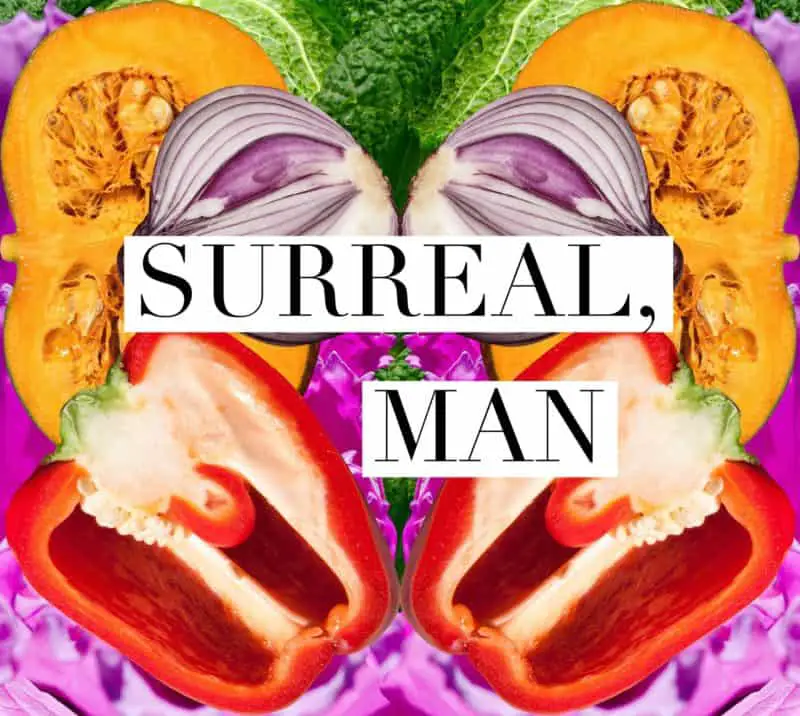
The word ‘surrealism’ has a different use in everyday English from its meaning in critical discourse. Surrealism in everyday English: I don’t understand it. Weird somehow. Creepy. Like a dream. Disparate things are together and don’t make sense. Surrealism in critical discourse: Over and above. Literally, super-real (from French). ‘Surreal’ is a modern word and does […]
-
The Three Billy Goats Gruff Fairytale Analysis
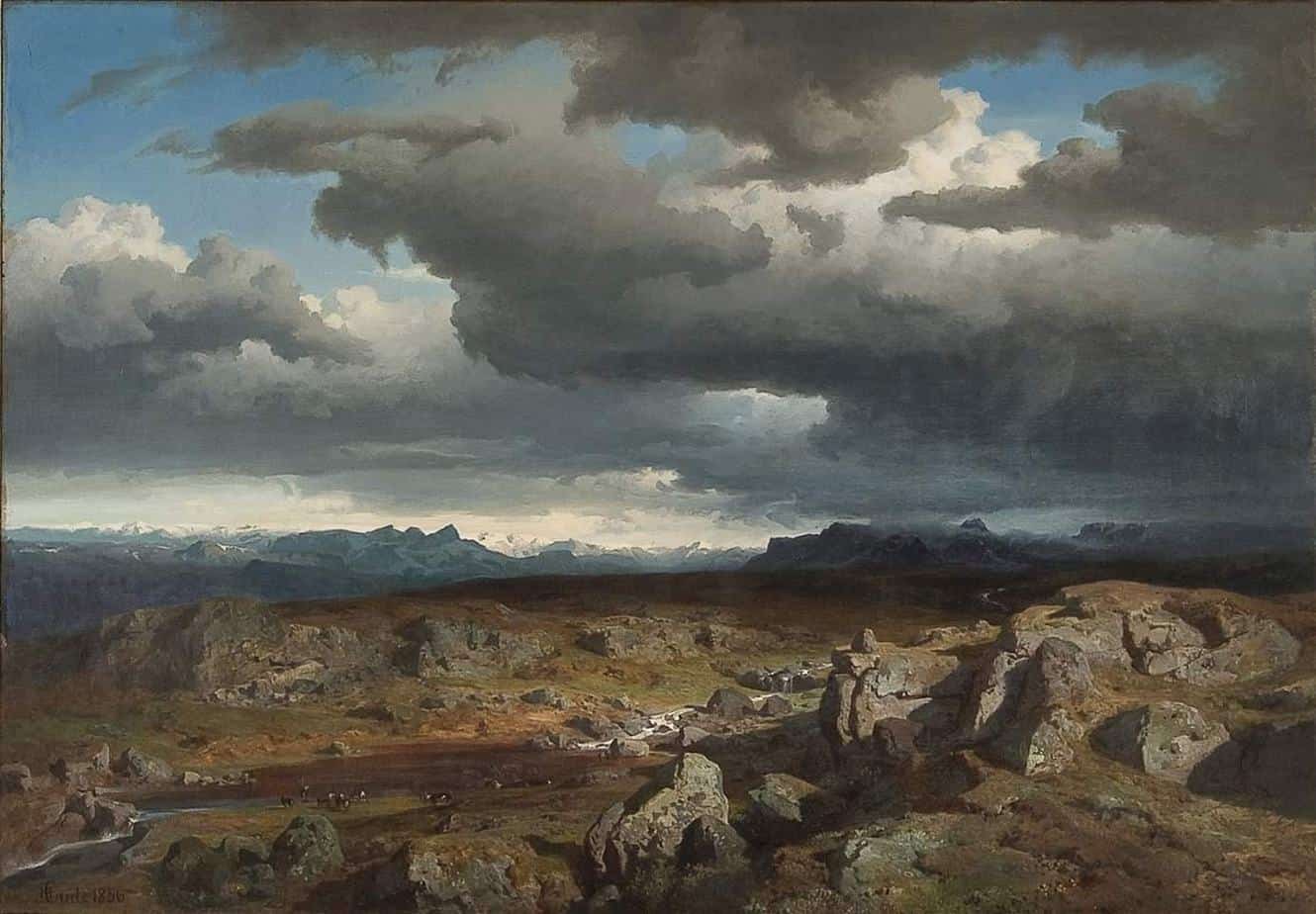
Can you guess which country this “eat-me-when-I’m-fatter” produced this fairytale? I’ll drop some clues: Yes, it’s Norway. Rudin has a good sense of rhythm, and has retained all the things that are fun about this story as a read-aloud, but I feel the point of it is lost. WHERE TO HEAR THIS STORY I also recommend […]
-
Roald Dahl: The Man Behind The Books
I remember the day Roald Dahl died. I was in Year 7. I remember sitting at my desk, and where that desk was positioned in the classroom, thinking about how Roald Dahl had died. Australian author Paul Jennings describes the time he met Roald Dahl. In Untwisted, [Jennings’ autobiography] he recounts the experience of meeting […]
-
What Happened To Rosemary Fawcett?
Roald Dahl’s work wasn’t always illustrated by Quentin Blake. Dirty Beasts, for example, was originally illustrated by a young woman new to the field, Rosemary Fawcett. The edition she illustrated is now out of print. Jeremy Treglown explains the story in his biography of Roald Dahl: To one British critic, Russell Davies, “the buzz of misanthropy […]
-
Gross-out Children’s Books
What Are Gross-out Books? Gross-out books are frequently classed as ‘trash‘ and rarely win the big awards, perhaps partly because they sell so well. Gross-out books fall into the category of ‘carnivalesque‘. In academic terms, these gross-out books might be called ‘carnivalesque-grotesque’. Carnivalesque-grotesque narratives directly address the personal and sociocultural anxieties induced by knowledge of […]
-
Revolting Rhymes
I have clear memories of this book. First, I remember my father buying it for me in Paper Plus. I was in attendance. He thought I wouldn’t notice, then snuck it into my santa sack. Second, it was very unusual for my father to buy any books at all. Third, this was a whole-family read […]
-
Mothers In Children’s Literature
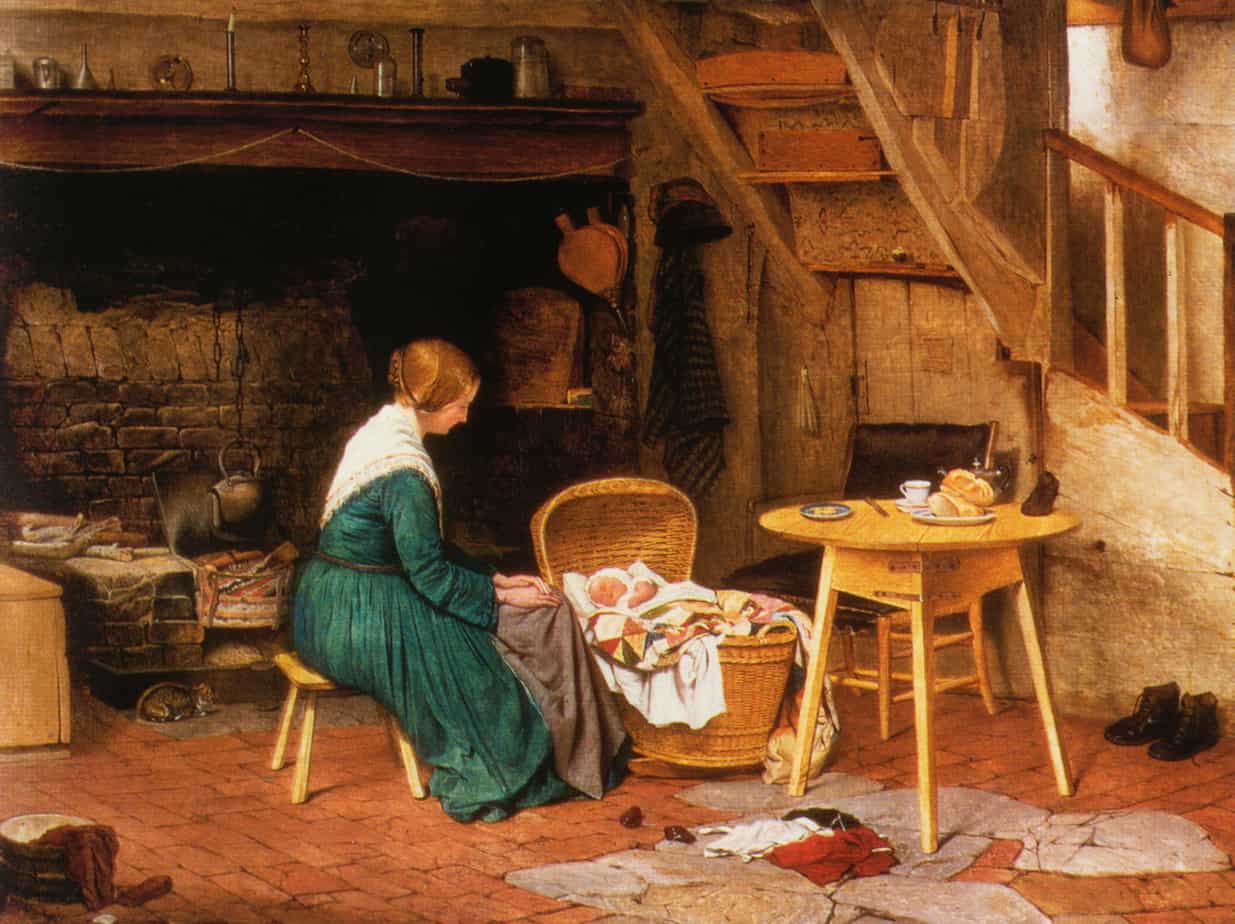
Mothers are either held up as paragons of selflessness, or they’re discounted and parodied. We often don’t see them in all their complexity. Novelist Edan Lepucki contemplates motherhood Mothers in fairy tales have a way of being absent, typically through untimely deaths (think Cinderella, Snow White or Beauty and the Beast) or thanks to storylines […]
-
What Is Quality Children’s Literature? What Is Trash?
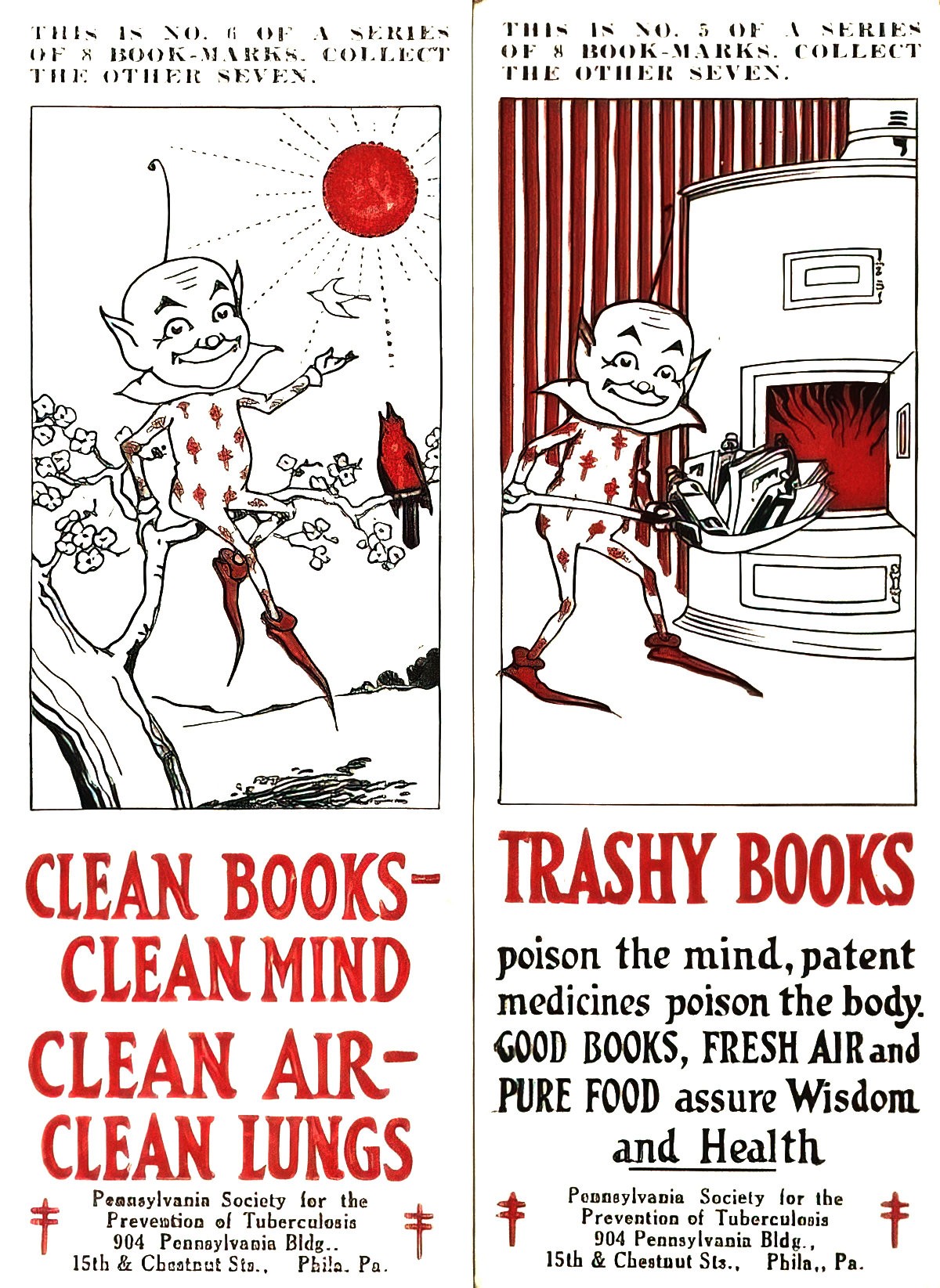
Children’s literature is often lumped into two broad groups: treasure and trash. The former is sometimes called ‘literary’, the latter ‘commercial’.
-
What can flight symbolise in literature?
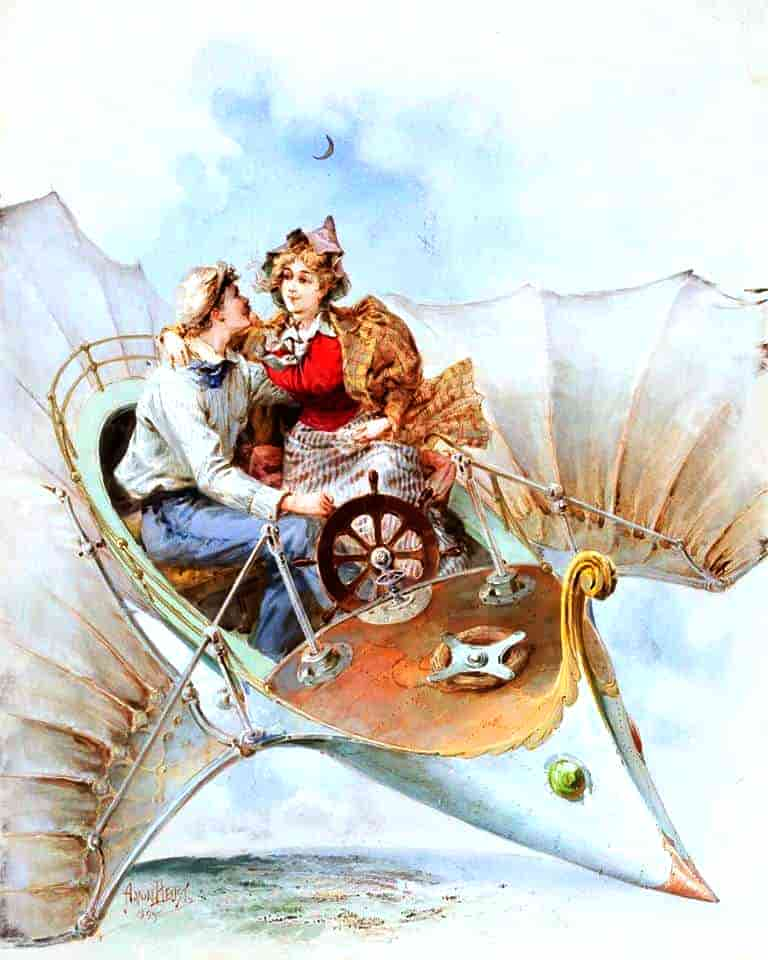
Flight is amazingly common in children’s stories. Several other motifs should be considered symbolically similar: FLOATING AS FLIGHT SYMBOLISM Characters might hold onto helium balloons, levitate by magic or by supernatural means. A picture book example of floating can be seen in “Outside Over There” by Maurice Sendak, in which Ida floats backwards out the […]
